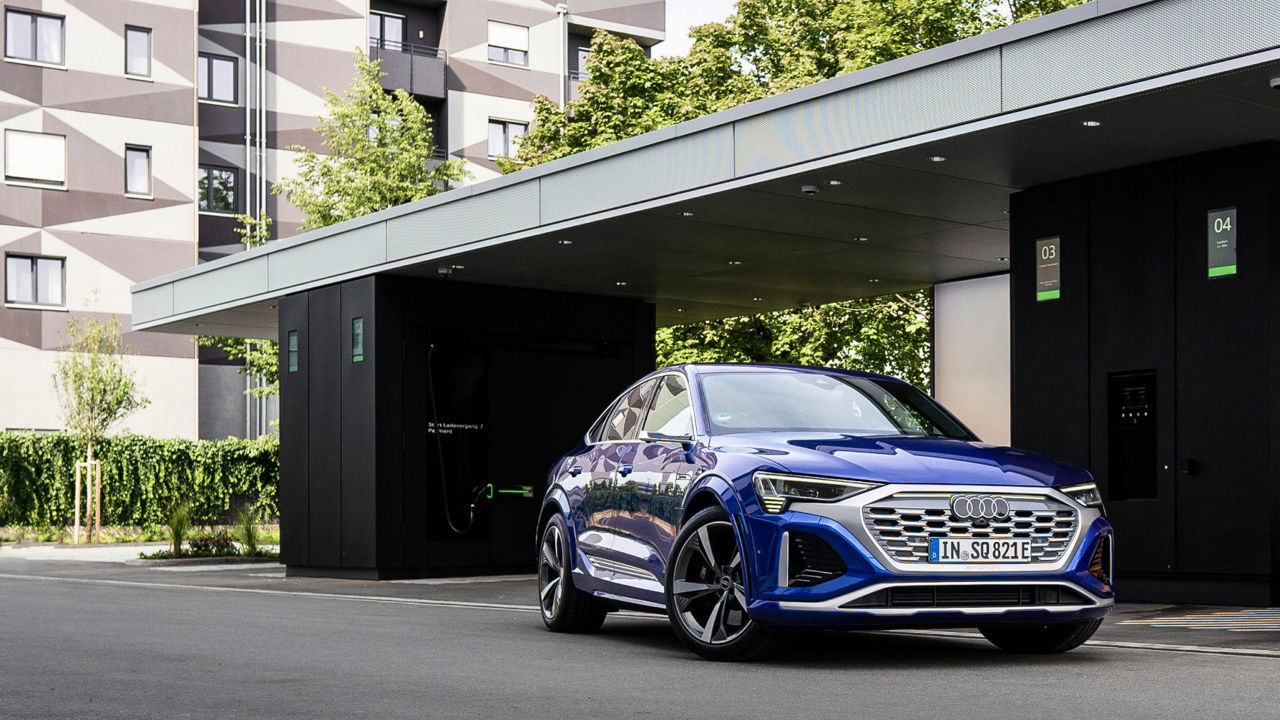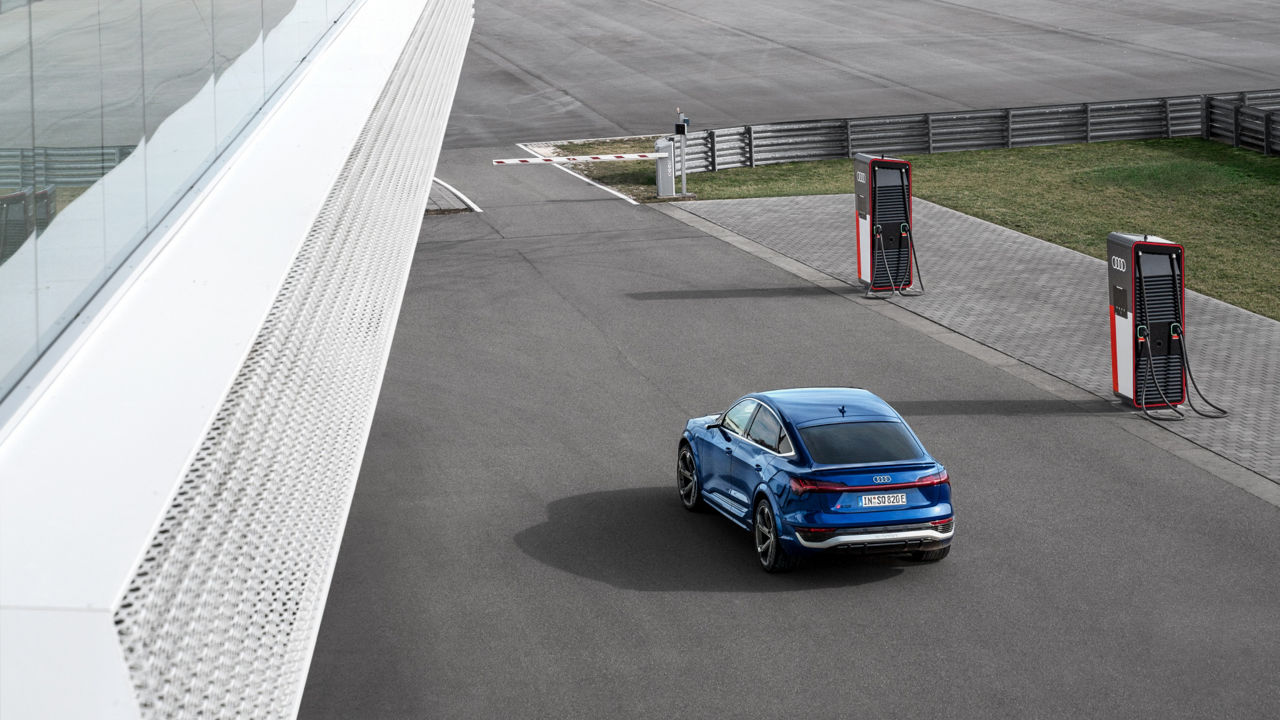Do societies tend to change slowly?
Attitudes always develop slowly. You can see that clearly in shifts in lifestyles. Many of the lifestyle variants that have replaced traditional models of social class demonstrate that these sorts of changes don’t happen very fast.
Or are there factors that drive change more quickly?
There are also very strong drivers of change. For instance, disruptions resulting from highly dynamic new technologies that open up entirely new possibilities. I’m thinking of wearables, where people’s clothes communicate with each other. Or augmented senses, where information about other people is displayed to us when we meet them. There we can see something wholly new emerging. The question isn’t whether these innovations make sense or not when viewed from some higher vantage point. What matters is that they resonate with people. In an ideal scenario, potential users would say, “Fantastic! I didn’t even realize that was exactly what I needed.”
You once said that after a crises like a pandemic people return quickly to their old patterns of behavior.
Yes, indeed. Our habits are extremely stable, as anyone who attempts to make changes will have discovered. Every New Year, we say we’ll do more exercise this year. But how long do we keep it up? Or people who try to change their diet; most of them won’t stick with it. In both cases, we tend to fall back into our old ways of doing things, because those are very strong habits. There’s a strong desire to return to familiar patterns of behavior.
The fear of change processes is too great to break out of habits?
Those fears are greater in Germany than in many other countries. People here say that if we don’t know what consequences innovations will have, we should just leave things as they are. There are other cultures, like Brazil, the UK, or Vietnam, that think differently. The dominant attitude there is that if we don’t know what the consequences will be, well, we can at least try it out first.








